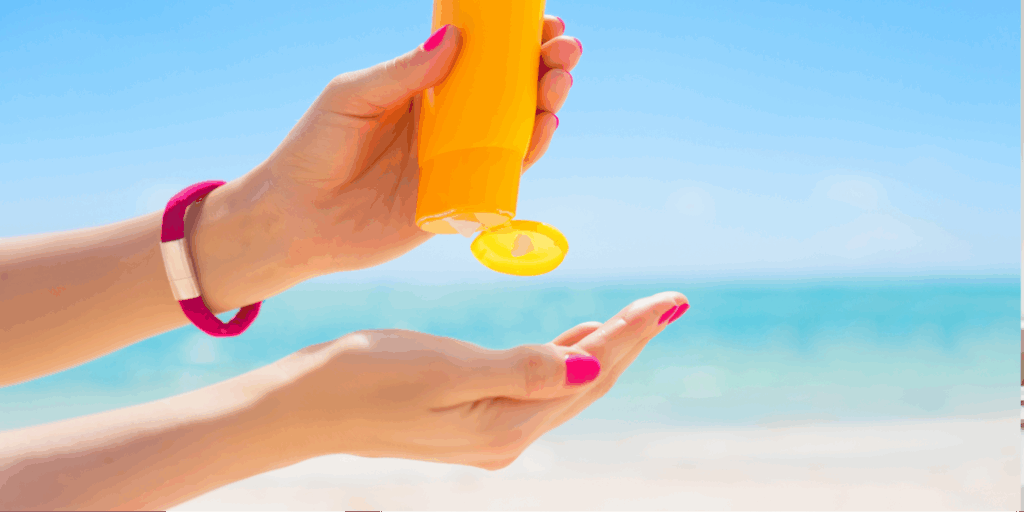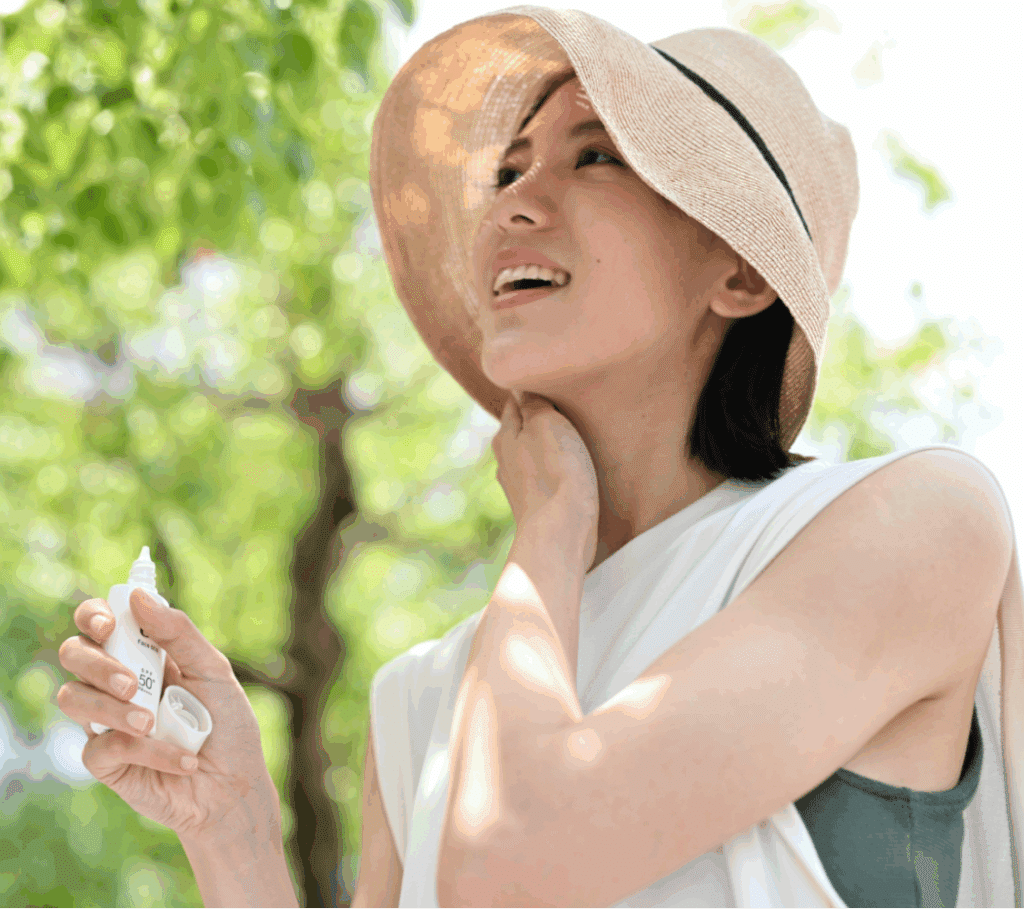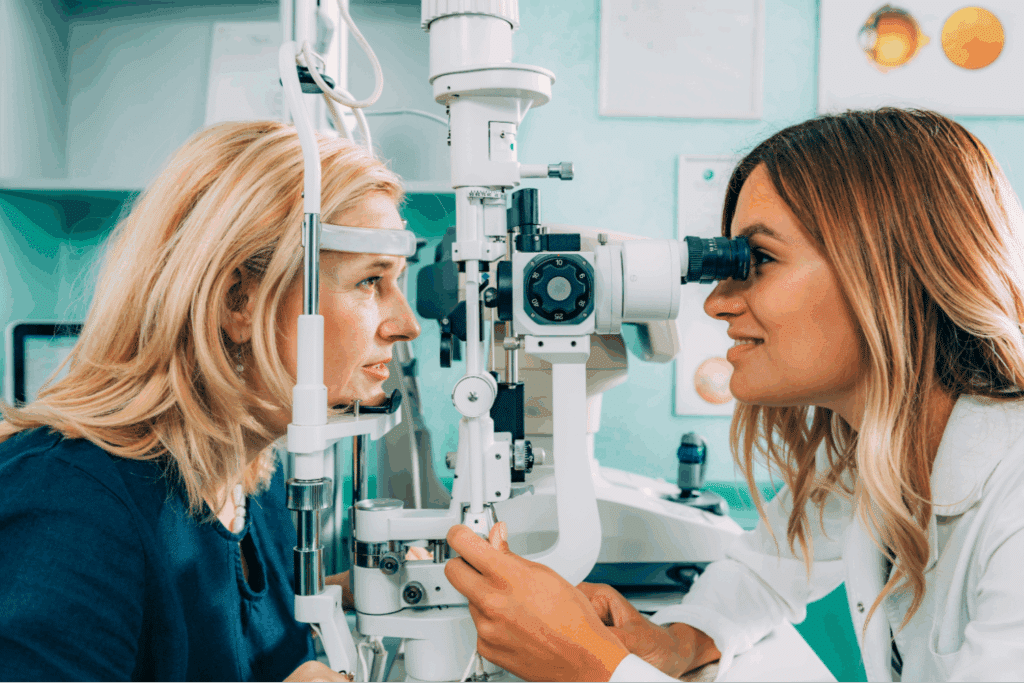contact lens miami,contact lens safety,dry eye,Eye Exam,Eye Health

July marks UV Safety Month in the United States—a time to focus on how sunlight and summer habits can affect our eye health. At Center for Excellence in Eye Care, we believe that protecting your vision during the sunniest time of year is one of the smartest steps you can take toward long-term eye health.
Whether you’re spending the summer by the beach, in front of a screen, or traveling, here are five practical things you can do right now to keep your eyes comfortable, clear, and healthy this season.
1. Wear UV-Blocking Sunglasses (Even on Overcast Days)
Just like sunscreen protects your skin, sunglasses protect your eyes. Prolonged exposure to UV rays can damage the delicate structures of the eye and increase your risk of:
- Cataracts
- Macular degeneration
- Pterygium (a benign growth on the eye’s surface)
- Photokeratitis (sunburn of the eye)

What to look for:
Choose sunglasses that block 100% of UVA and UVB rays. Wraparound styles provide extra coverage, especially when you’re outdoors for extended periods—like during a beach day, hike, or road trip.
2. Practice Safe Screen Time (Yes, Even in Summer)
While many people reduce screen time on vacation, others find themselves glued to phones, tablets, or laptops while travelling. Too much screen time can lead to digital eye strain—causing dry eyes, headaches, and blurry vision.
👀 Try the 20-20-20 rule:
Every 20 minutes, look at something 20 feet away for 20 seconds.Bonus tip: If you’re working in bright environments, consider using blue light filters or anti-reflective coatings to reduce glare.
3. Keep Your Eyes Hydrated in Dry Summer Air
Between daily air conditioning, airplane travel, and sun exposure, summer can dry out your eyes quickly—especially if you wear contact lenses.

💧 Here’s how to stay comfortable:
- Use preservative-free artificial tears if your eyes feel gritty or tired
- Stay hydrated—water supports healthy tear production
- Wear sunglasses or hats to protect against wind and the sun
- Take breaks from contact lenses if irritation increases
If symptoms persist, talk to your eye care provider—it could be a sign of dry eye syndrome or another condition that needs attention.
4. Protect Your Eyes While Swimming
Chlorine, saltwater, and lake bacteria can all irritate or infect the eyes if proper precautions aren’t taken.
Best practices:
- Wear swim goggles to shield your eyes from chemicals and microbes
- Avoid opening your eyes underwater
- Never wear contact lenses while swimming—they trap bacteria and raise the risk of serious infections like acanthamoeba keratitis

If you experience redness, pain, or discharge after swimming, book an appointment promptly.
5. Get Your Summer Eye Exam
Even if you haven’t noticed changes in your vision, summer is a great time to schedule a comprehensive eye exam—especially before the busy back-to-school or holiday seasons.

A comprehensive exam can detect:
- Subtle prescription changes
- Glaucoma
- Diabetic eye disease
- Macular degeneration
- Cataracts
When should you go?
- Once a year if you wear glasses or contacts
- More frequently if you have diabetes, high blood pressure, or a family history of eye disease
Your Eyes Need Summer Protection, Too
UV Safety Month is a great reminder that eye care doesn’t take a vacation. From choosing the right shades to booking your annual exam, small actions can help you safeguard your sight—this summer and beyond.Need help choosing the best sunglasses or booking your eye exam?
Our experienced team at Center for Excellence in Eye Care is here to guide you with personalized care and the latest in eye health technology. See clearly. Stay safe. Enjoy your summer.

